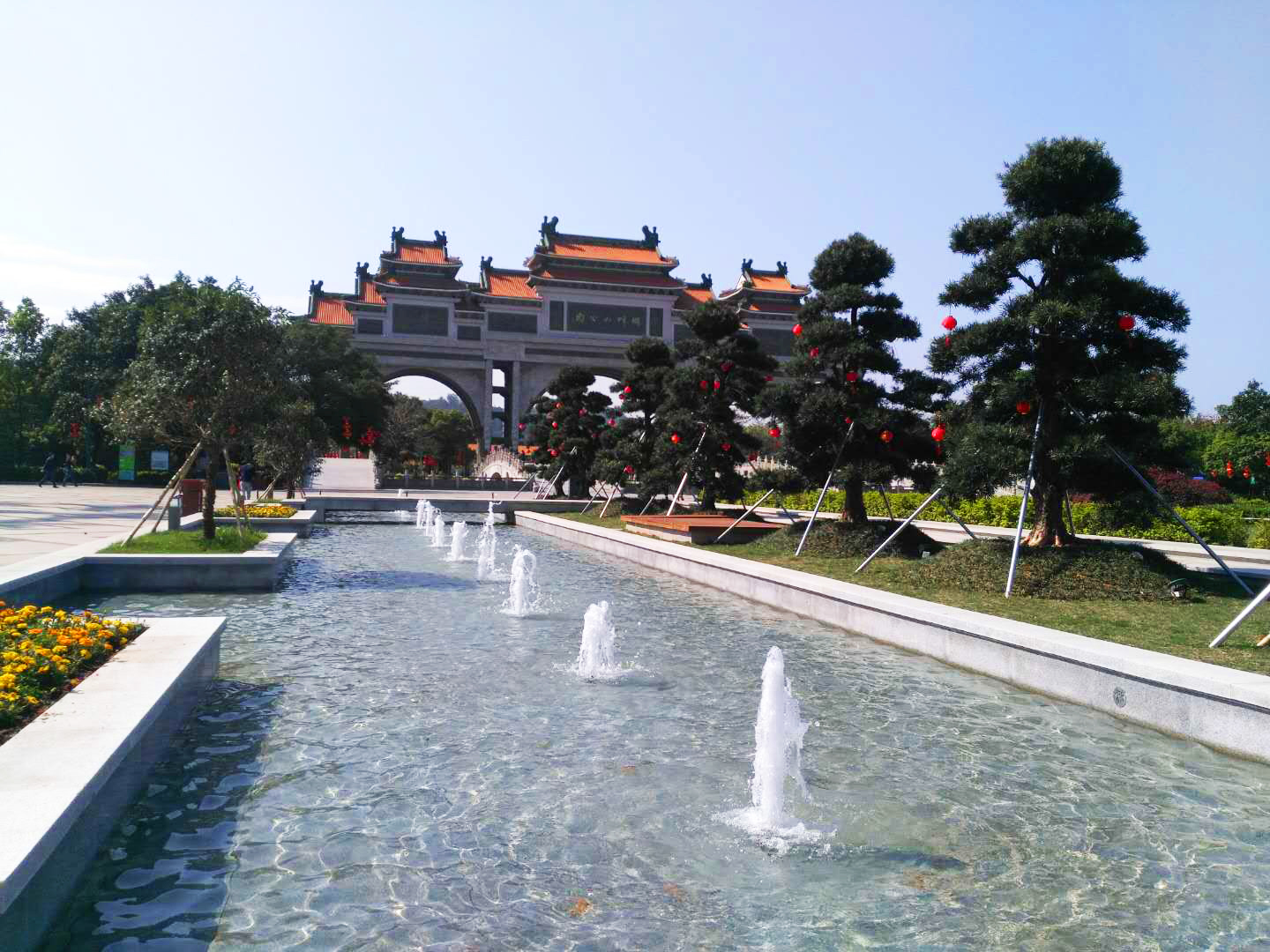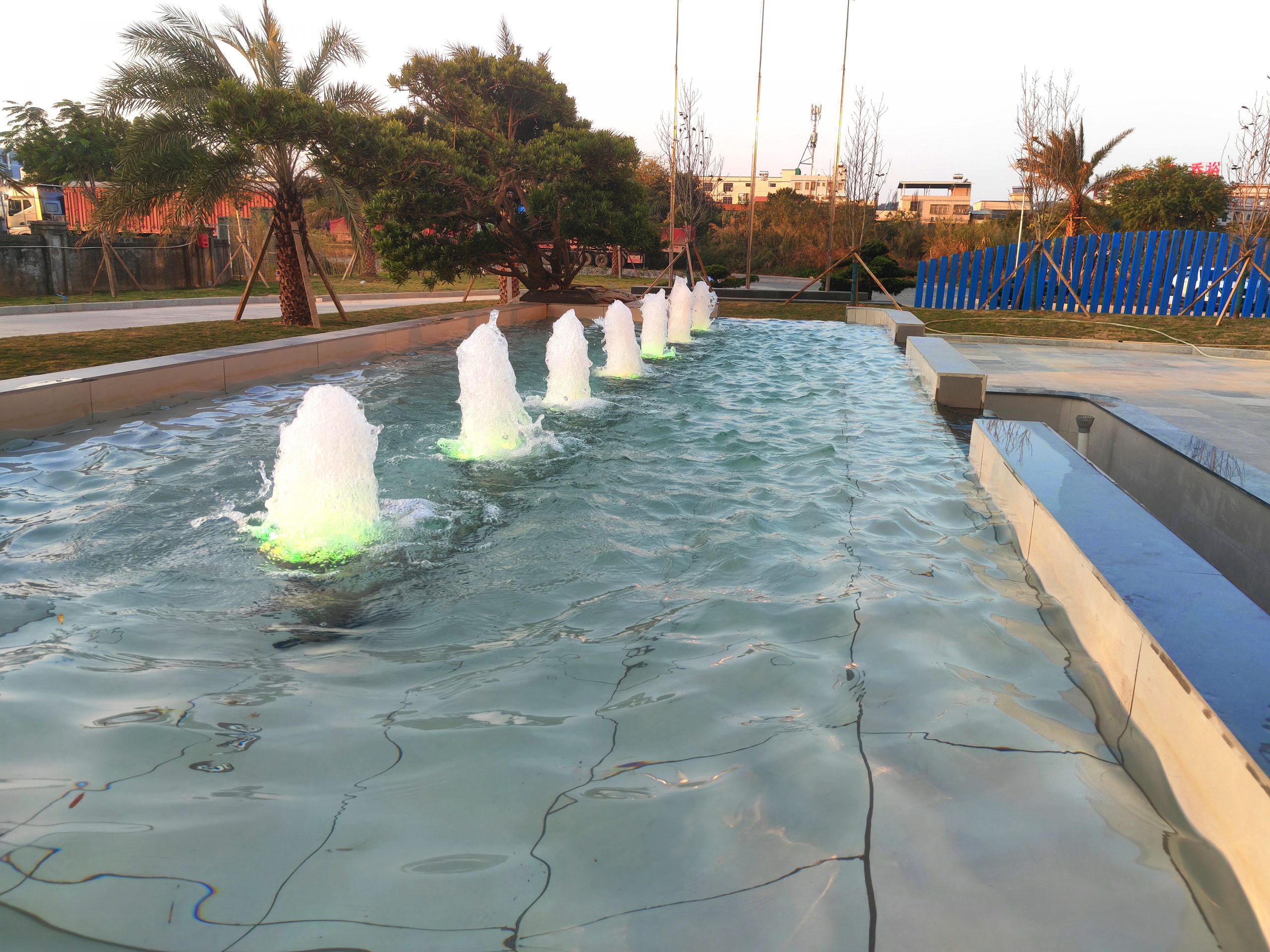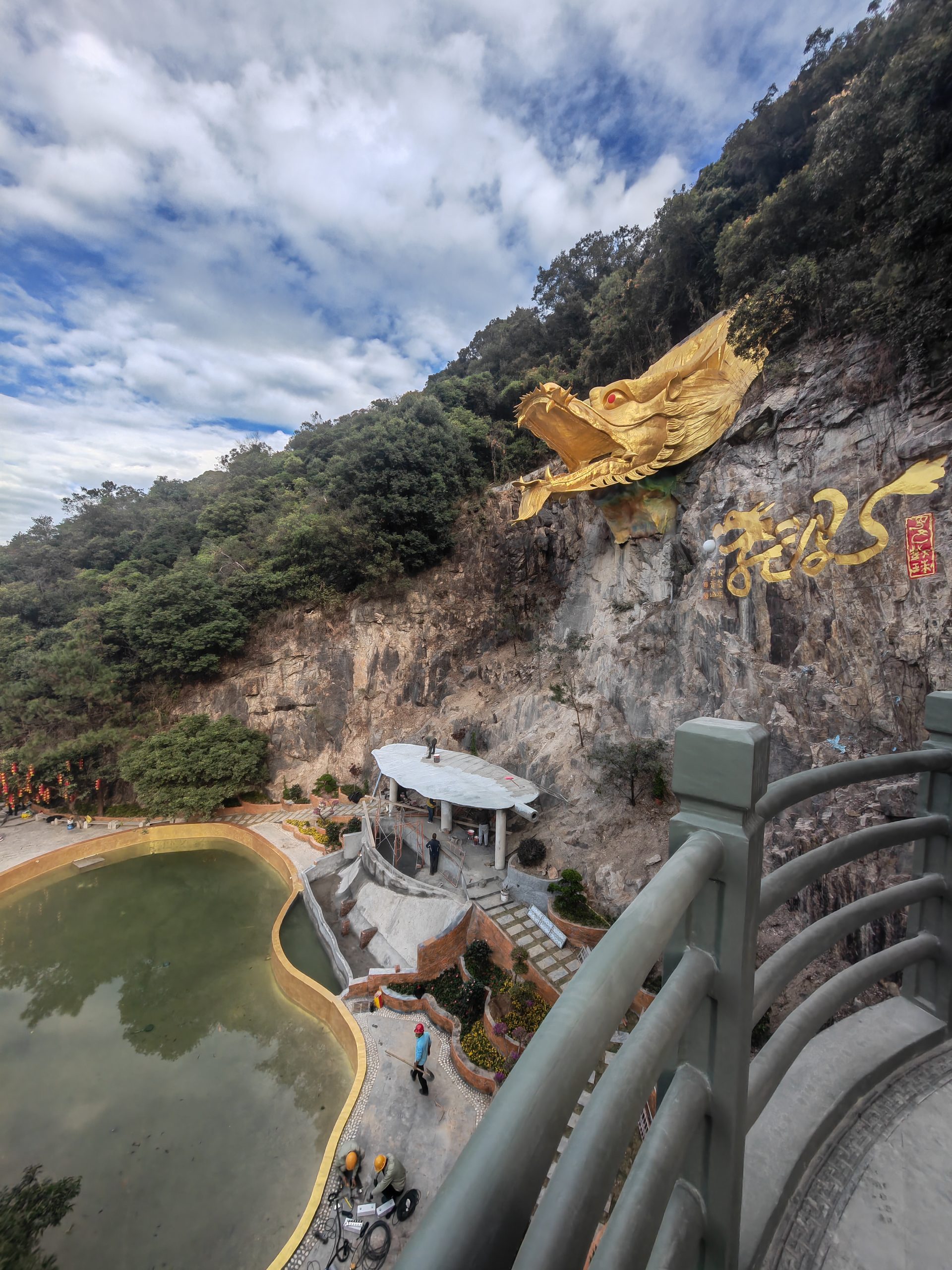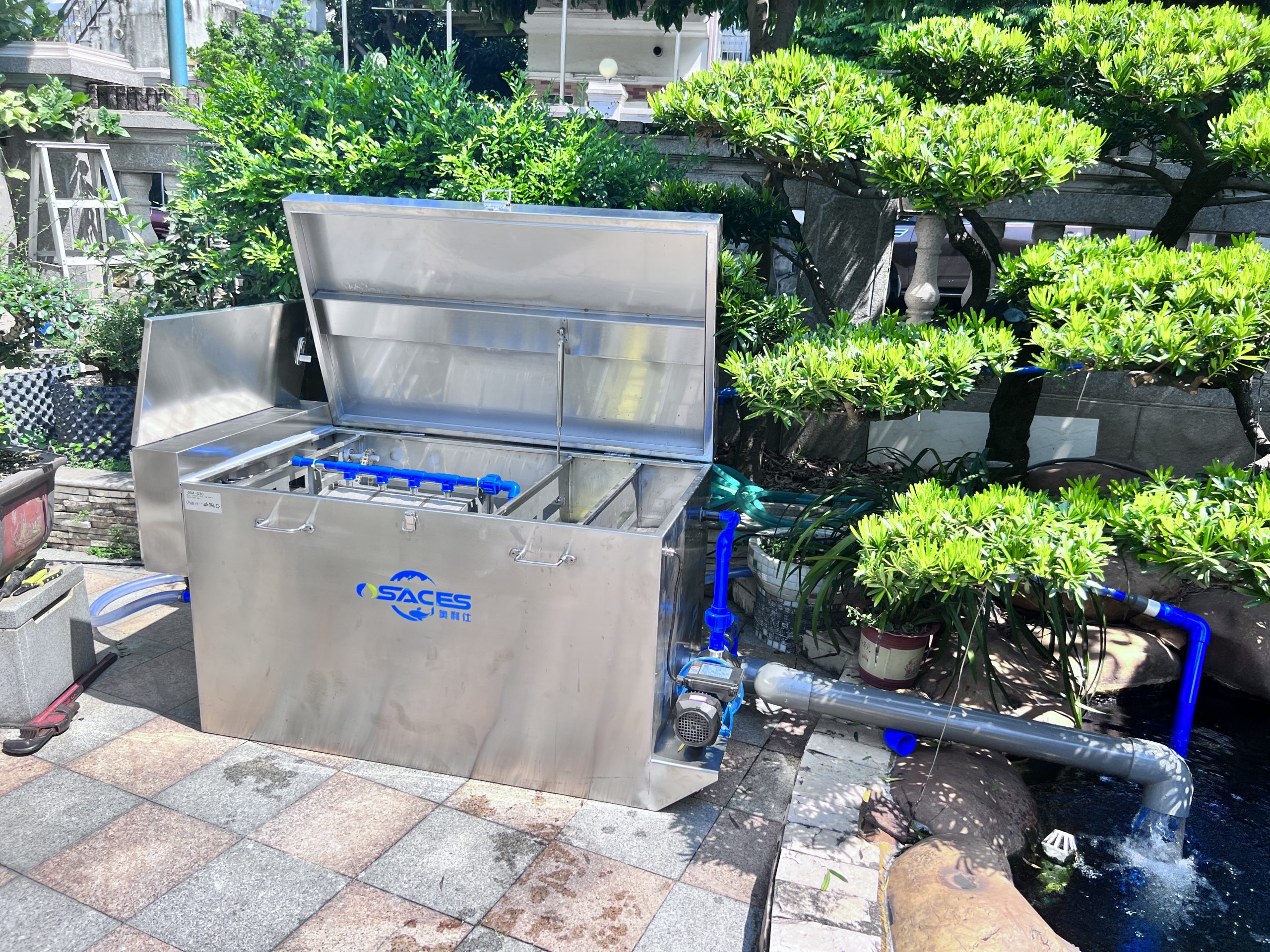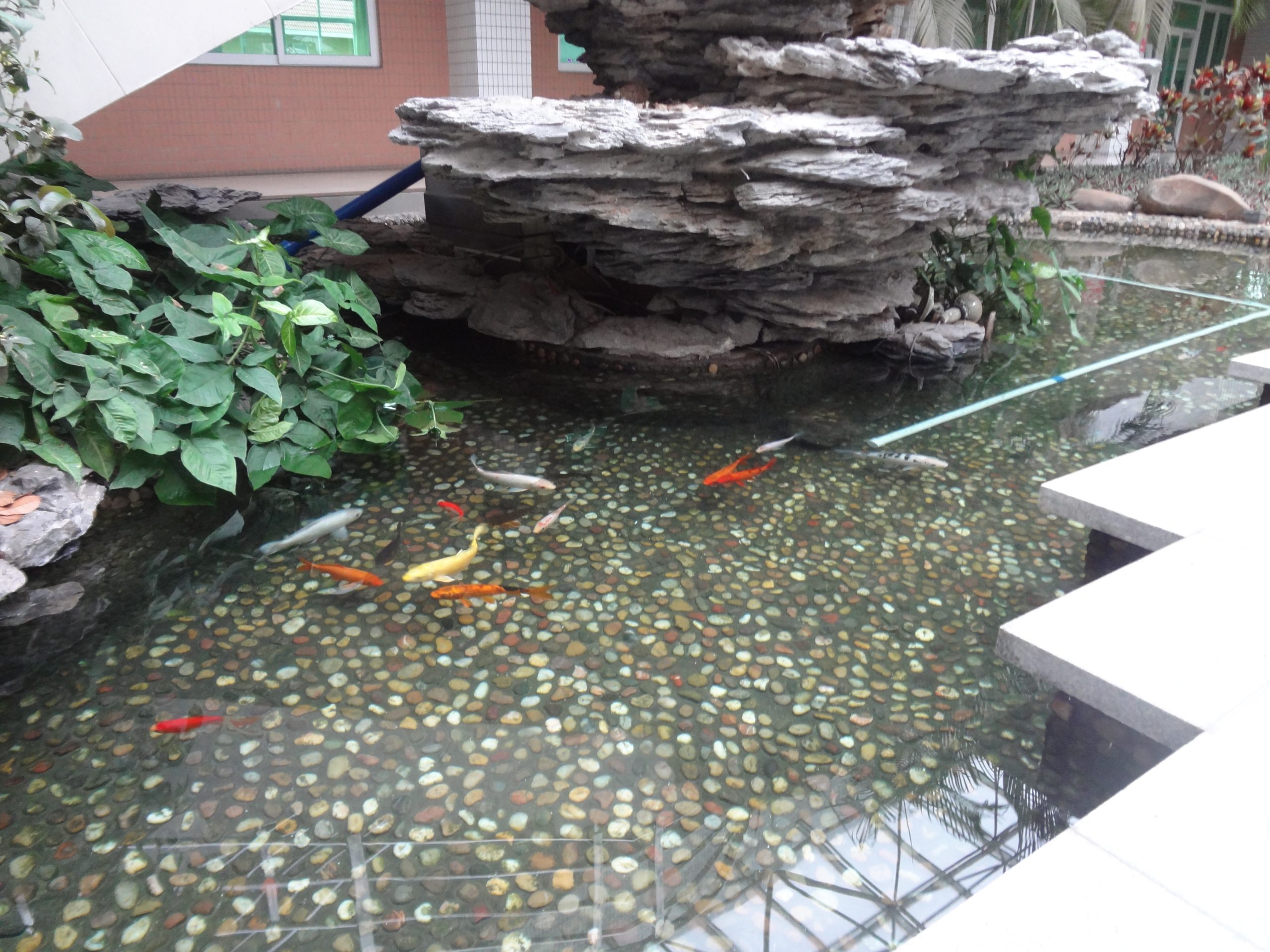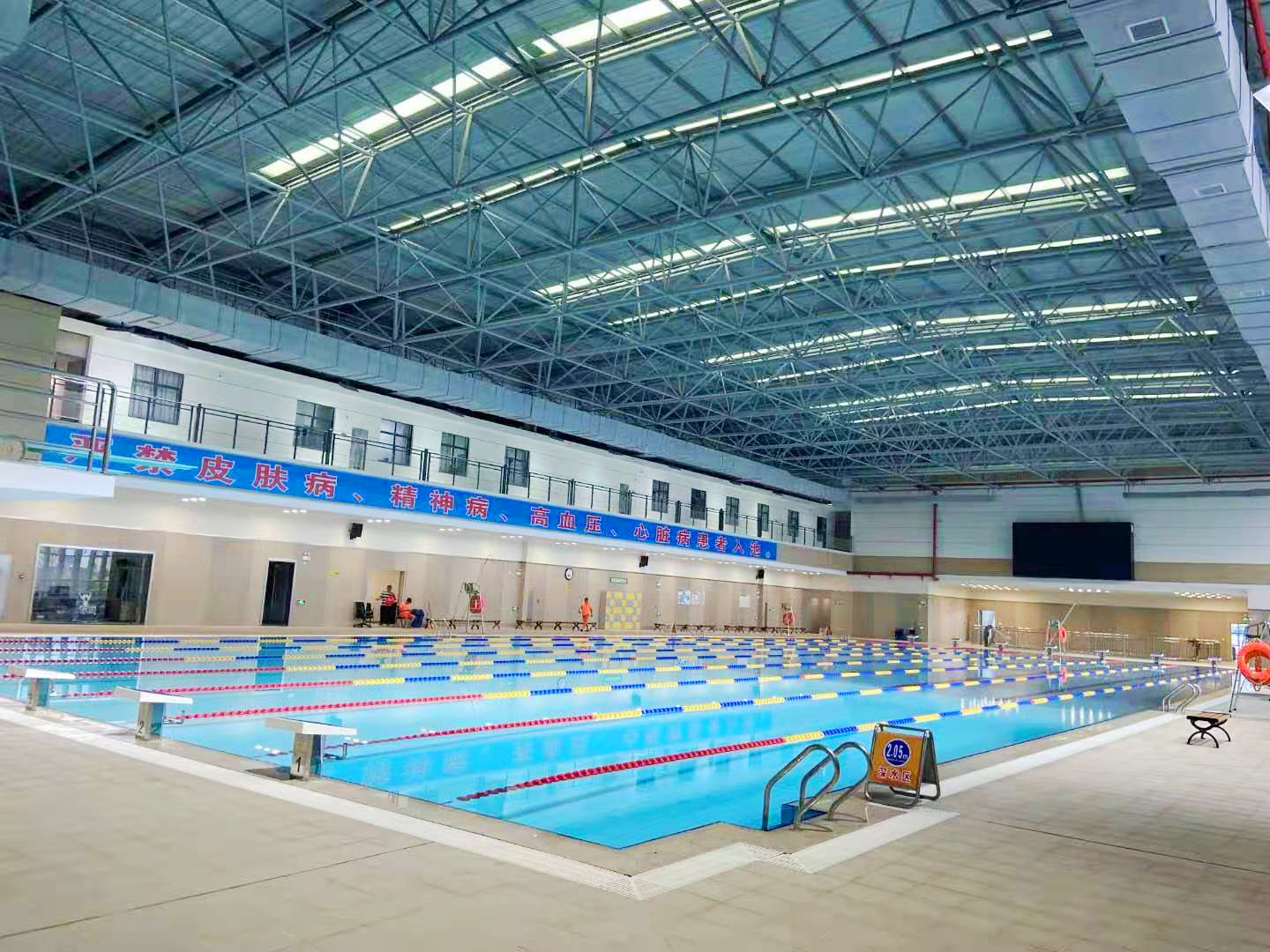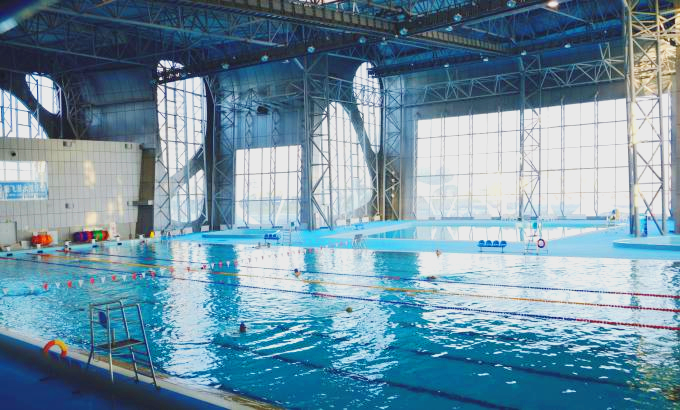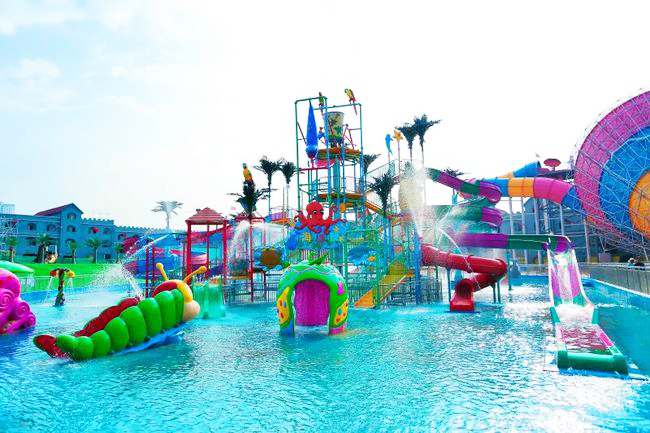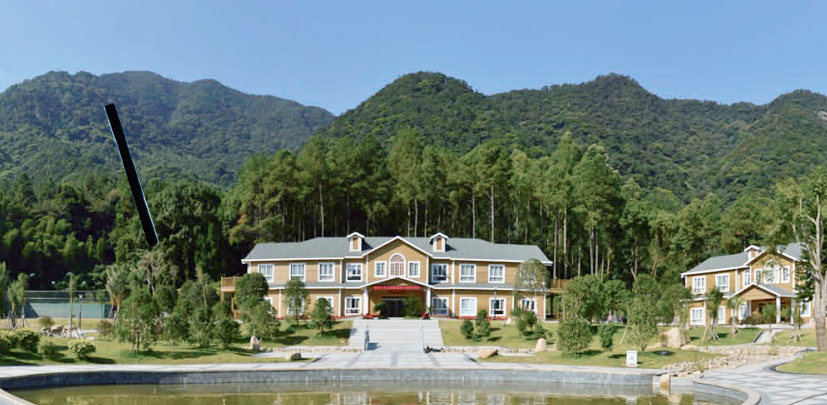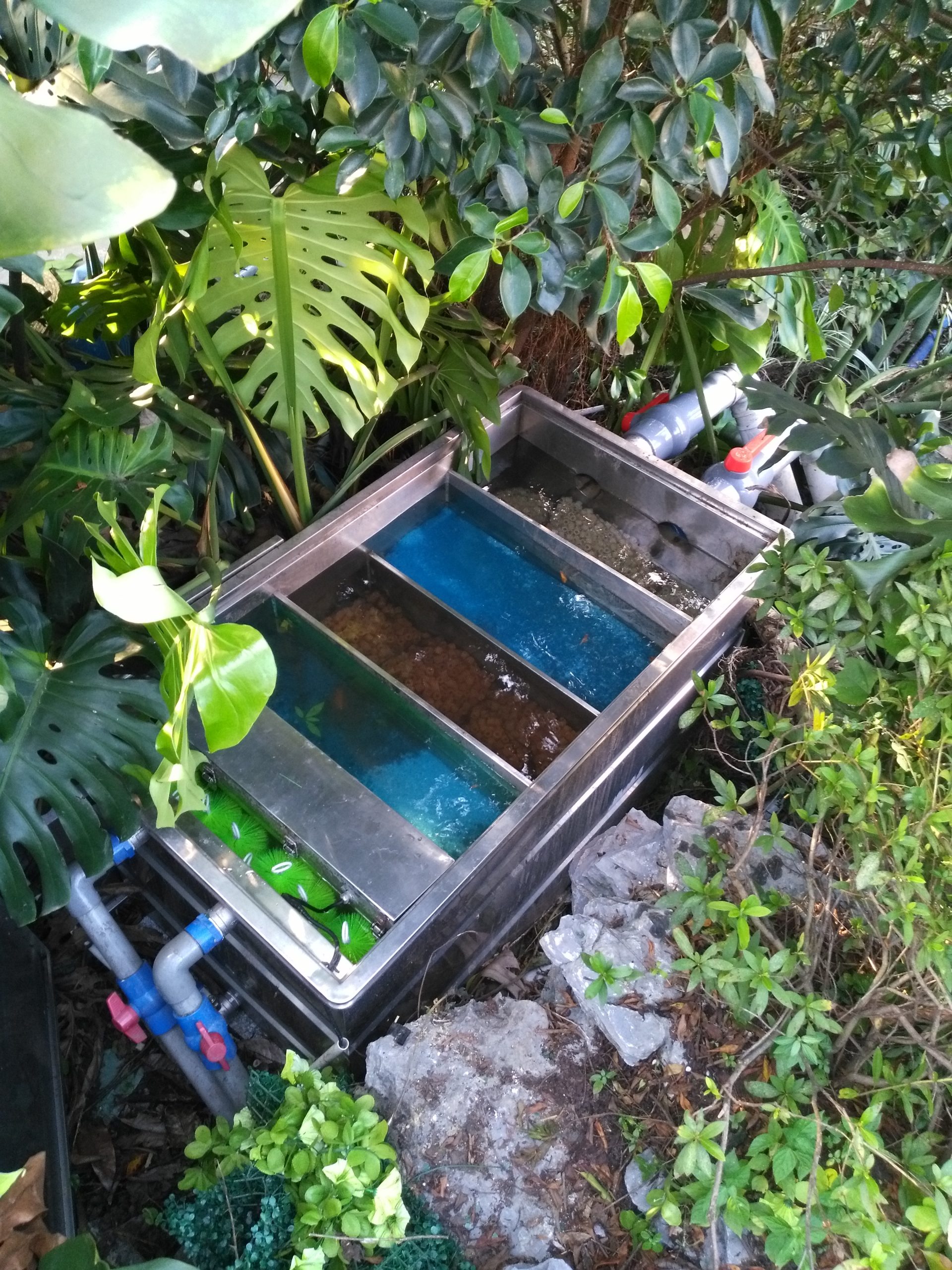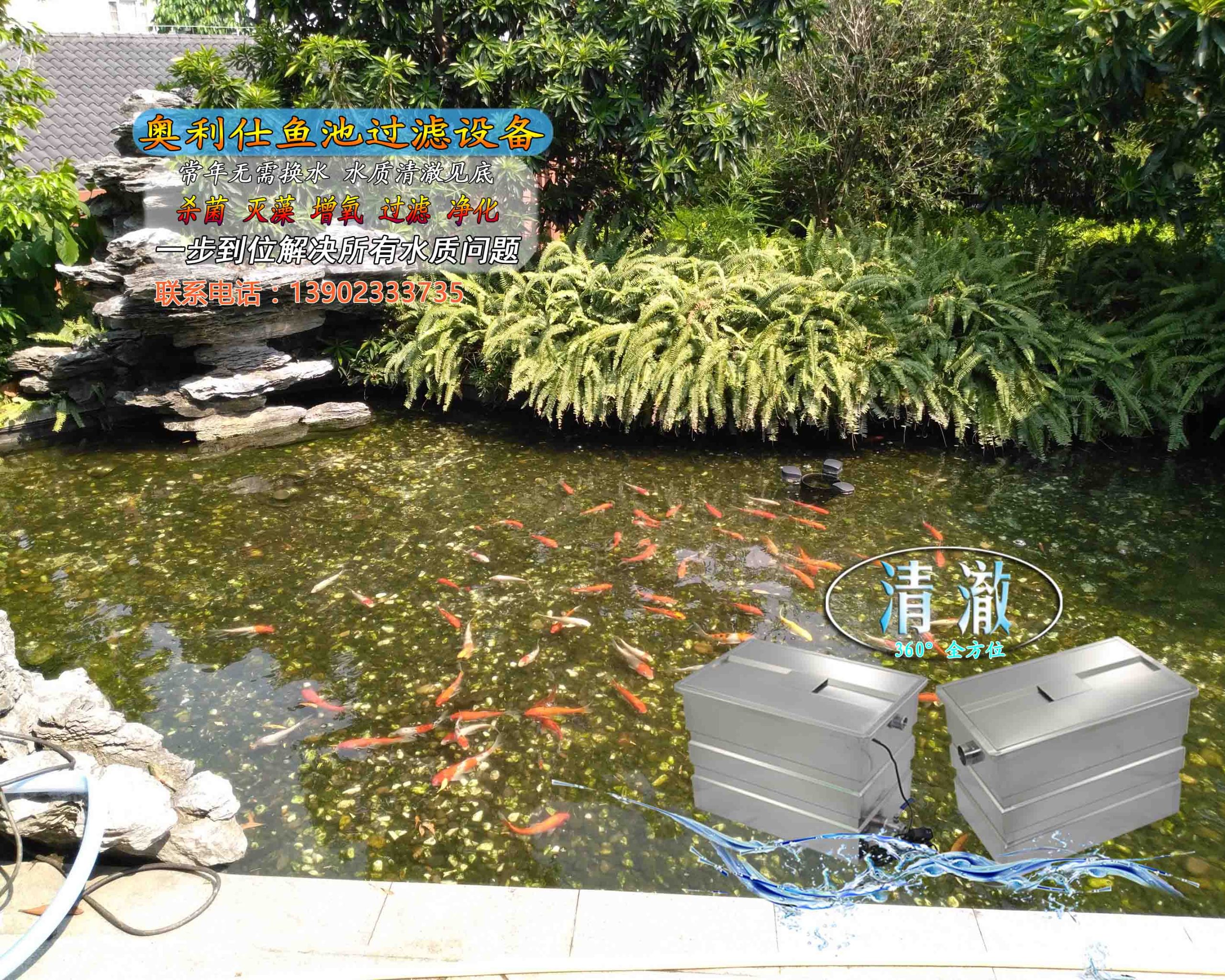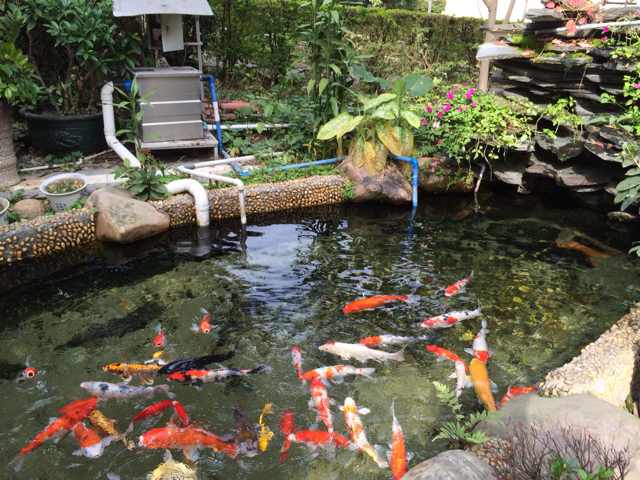common problems
contact details
 Ollies (Guangzhou) Recreation and Sports Equipment Co.
Ollies (Guangzhou) Recreation and Sports Equipment Co.Tel: (020) 82686289
Fax: 020-82694853
Headquarter: No.31-37, Xincun 2 Road, Shangjiang North Street, Dongzhou Village, Xintang Town, Zengcheng City, Guangzhou, Guangdong, China
Relationship between koi feeding and fish weight gain
The relationship between koi intake and koi weight gain is well known, fish eat less food and definitely grow slower, but how much slower the fish grows after eating less food is not something that every fisherman knows. Fish eat feed, digest and absorb most of it, and not all of this digested and absorbed nutrition is used for weight gain. Fish in order to maintain life and activities, every moment to consume nutrients, these consumptions include basic metabolic consumption, that is, to maintain the basic metabolic consumption of life; activity metabolic consumption, that is, the fish's normal swimming, foraging, avoiding enemies, avoiding damage to the escape, etc. Consumption of body heat gain, the fish ingested the metabolism of the process need to be increased by the additional consumption; resistance to pathogen attacks, injuries and illnesses when repairing damaged tissues; resistance to harsh environmental consumption. consumption; consumption of resistance to harsh environments, etc. Most of these expenditures occur even when fish do not feed.
Some experts test, with the aquarium feeding weight 3.2 ~ 3.4g of Nile tilapia, 5 groups, water temperature of about 25 ℃, through the air and micro-flow water supplement oxygen, satiation without residual bait to feed, the protein source of the feed for casein or egg albumin, sugar source for alpha starch and dextrin, fat source for corn oil, digestive energy density 15.9 ~ 19J / kg, digestibility of crude protein 96 ~ 98%, in the With this high quality feed and excellent feeding conditions, Nile tilapia use only 55 to 62% of the protein fed for growth, and roughly 40% of the protein is used for life support and activity.
Under the condition of outdoor ponds, with the use of high quality feed normal feeding and normal intake of fish, the digestibility of the feed is only about 80%, feeding feed only 25-30% of the protein for the growth of fish. Considering the effects of various factors, it is generally true that 20% of the main nutrients in the feed consumed by the fish will be digested and become part of the feces excreted, 30% of the protein will be used for growth, and 50% of the protein, basically all the absorbed carbohydrates, and most of the fats or some of the fats will be used for life support and activities. This is the normal eating situation. If a fish's eating is cut in half, is the fish's weight gain likewise cut in half? No. Instead, it is basically consumed only for life support and activity, and no weight gain or only a slight weight gain, or possibly even a weight loss, is possible.
Related content
- Don't let rotting tails affect the koi's aesthetics
- What kind of water is good for fish? Talking more about green water for fish
- What to do if the water in your fish pond is unclear? How to keep the water fresh and clear
- Are you ready for the golden age of koi growth?
- What causes new koi to get sick easily?
- Case Sharing--Foshan Shunfeng Mountain Park 3600 square meters landscape pool purification project
- Case Sharing||Huizhou-- Intelligent Terminal Beidou Industry Production Project Fountain Fish Pond Purification Project
- Guangdong Guanyinshan National Forest Park 300m³ landscape fish pond purification project
